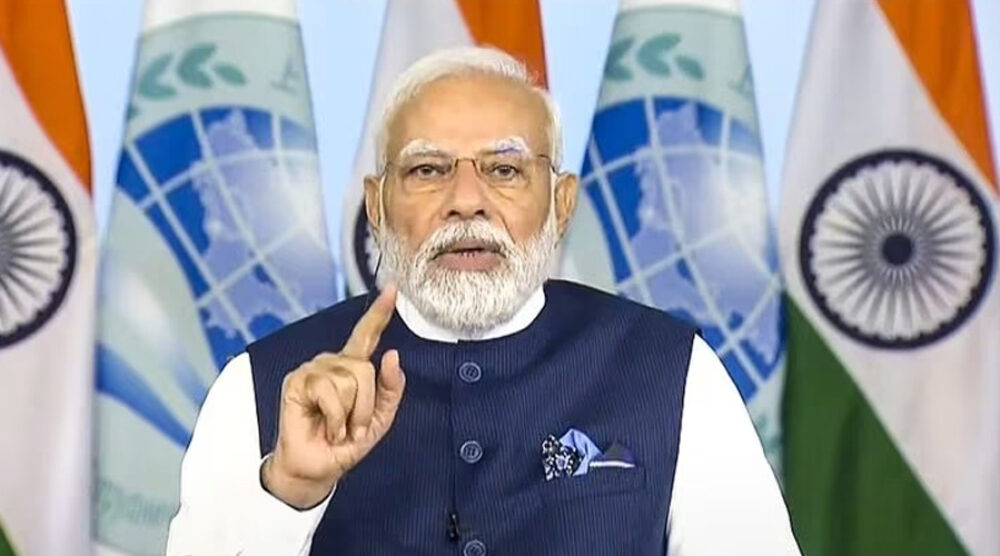IAN HALL |
On July 4, 2023, India’s Prime Minister Narendra Modi hosted a Shanghai Cooperation Organisation virtual leaders’ summit. Much of the commentary about the meeting concentrated—not unreasonably—on the fact that it was held online and not in person. No official explanation was given for the decision to convene a virtual summit. But an Indian government source did suggest, in a briefing to a prominent journalist, that scheduling was not the reason why the meeting was shifted online.
It is not hard to work out, of course, why a virtual summit was preferred and even welcomed by some of the participants. The diplomatic calendar is increasingly crowded. An in-person meeting would have entailed two complex trips to India for Xi Jinping and Vladimir Putin in the space of three months, with the Group of Twenty summit pending in September. The Russian leader would likely have been relieved not to travel for other reasons too, given recent events at home and some embarrassing and prickly exchanges with Central Asian leaders at the last meeting in Samarkand in September 2022. An online conversation also spared the host awkward personal encounters with both Xi and Pakistani Prime Minister Shehbaz Sharif, amid ongoing tensions between New Delhi and both Beijing and Islamabad.
Please click here to read the full “Soft balancing and the slow demise of the Shanghai Cooperation Organisation” article published at the Lee Kuan Yew School of Public Policy, written by Griffith Asia Institute Acting Director, Professor Ian Hall.








